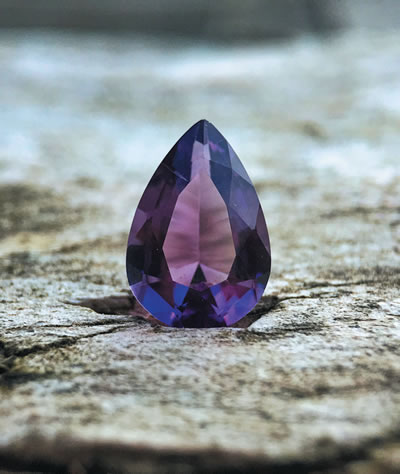
Proverbs are the ancient wisdom of a country’s culture expressed in pithy sentences — and often with humour. Proverbs give us expatriates an indication of how our adopted people think and act.
To an aged person (I am 90) this proverb gives me courage. “Even an old rope can be useful.” Or as incentive: “Even an aged one can learn calligraphy.” And when I have a “senior moment:” “Even a monkey can fall from a tree.” And after a disappointment or failure: “Fall seven times, get up eight.” Personally, I use proverbs in homilies and instruction but add a Christian nuance to them.
 For example, in talks to parents at a church sponsored kindergarten, where many are non-Christian, I tell them that we will teach Christian values in a gentle way. I quote the proverb: “The heart of a three-year-old child lasts till the child is a hundred.”
For example, in talks to parents at a church sponsored kindergarten, where many are non-Christian, I tell them that we will teach Christian values in a gentle way. I quote the proverb: “The heart of a three-year-old child lasts till the child is a hundred.”
In a class to those preparing for Baptism I speak of our inbuilt human frailty and our need of a Savior. All of us has some weakness. “Even a new tatami straw mat when beaten will give out dust.”
But not all proverbs express values that are suitable! Such a proverb is: “A nail that stands out gets hammered.” But this proverb also tells me something of Japanese culture. People are reticent to take leadership roles in the parish community, or even read the Scriptures in our Mass. So here we need to emphasize St. Paul’s teaching: “I can do all things through Christ who gives me the strength.” (Philippians 4:13)
But perhaps the proverb that I feel most strongly about is: “Suffering makes a jewel of you.” From here I will share with you a very personal experience.
When I was 40 I was missioned in the island fishing village of Sakitsu. My people were descendants of those who had been through 250 years of persecution for their Christian faith. When religious freedom was granted in 1873, French missionaries returned to build a church on the ground where their ancestors had been tried and at times executed. I really delighted in the mission apostolate of Sakitsu. But then sickness hit me. It was diagnosed as beri beri. I was hospitalized as side effects and complications set in. After nine months at the hospital I was sent home.
I had been fashioned as a jewel, but still rough and in need of further polishing!
I was devastated. I had asked God for healing, but I got worse! I felt very bitter against God. With no faith, how could I continue as a priest? My cry, too, was: “My God! Why have you forsaken me?”
It took me two years to realize that in fact Jesus had been at my side all along — especially through the friends he sent me to my bedside.
Looking back, it hit me that the suffering and sickness had matured me as a person, as a follower of Jesus, and as a missionary priest. I had been fashioned as a jewel, but still rough and in need of further polishing! I can now thank God for the experience. One fruit of the hospital bed is expressed in the proverb: “People with sickness can feel empathy.”
Indeed “suffering makes a jewel of you.”
Columban Fr. Barry Cairns lives and works in Japan.